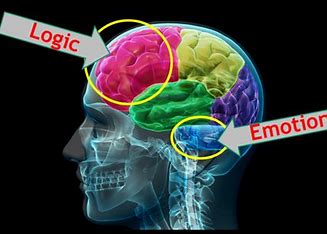💥 Every listing below opens the door to engage, to generate value, to change and improve something personal, professional, or societal. Simply check each out, and if a listing resonates get involved. Progress continues with engagement and then action until each is achieved or it falls by the way side. The more interest there is in each one, the greater the chance that something worthwhile will happen…
Why Logic Must Lead Humanity Away From Failure
Ready to go logical?
How We Reset a Broken World
Ready to help change the world?
Stop Talking About Racism
Let’s live together…
New Era of Collaboration Begins
Join us on this unique journey!











